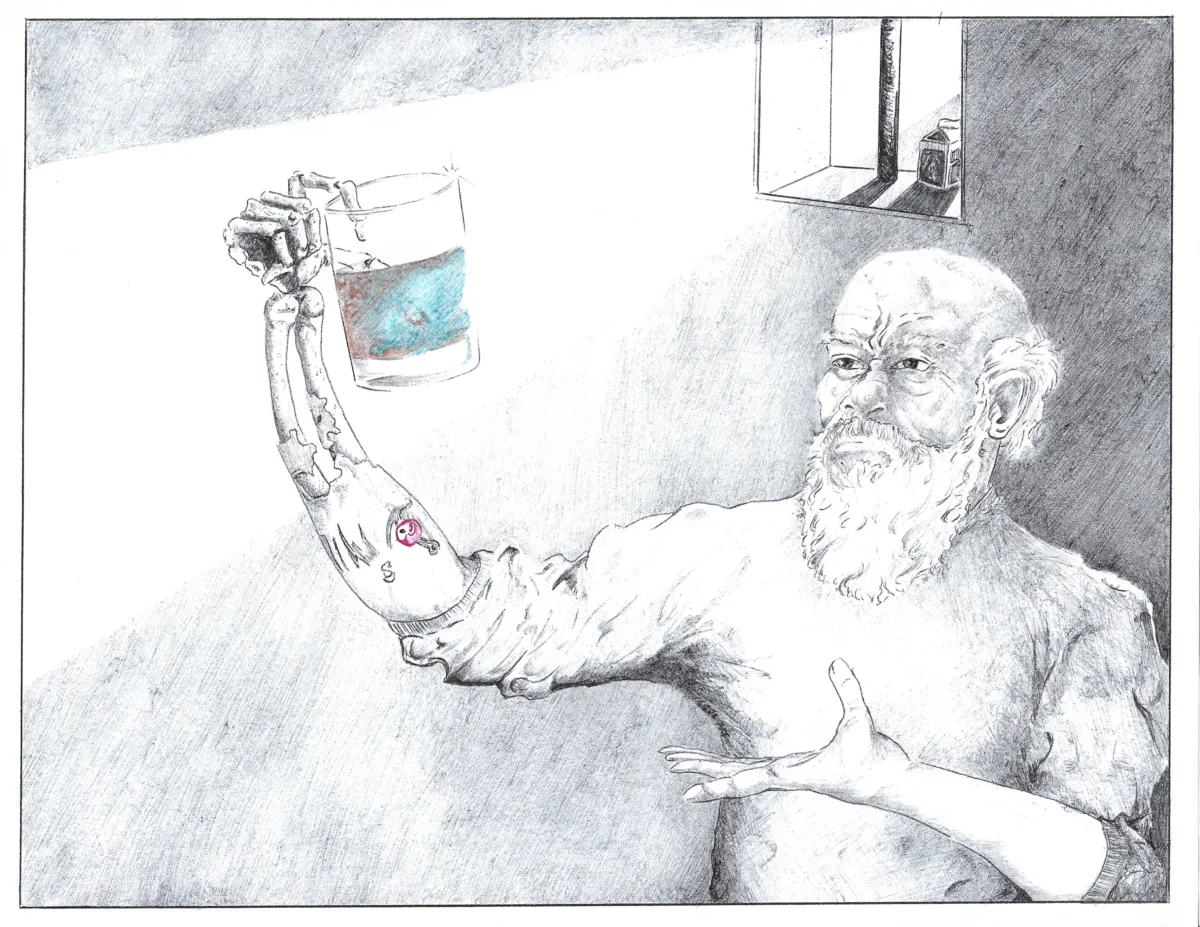
“If You Want to Live, Don’t Drink the Water”
After mystery illnesses and toxic reports, prisoners at California’s Mule Creek State Prison worry their water is killing them.
The Appeal proudly publishes work from incarcerated and system-impacted writers.

After mystery illnesses and toxic reports, prisoners at California’s Mule Creek State Prison worry their water is killing them.
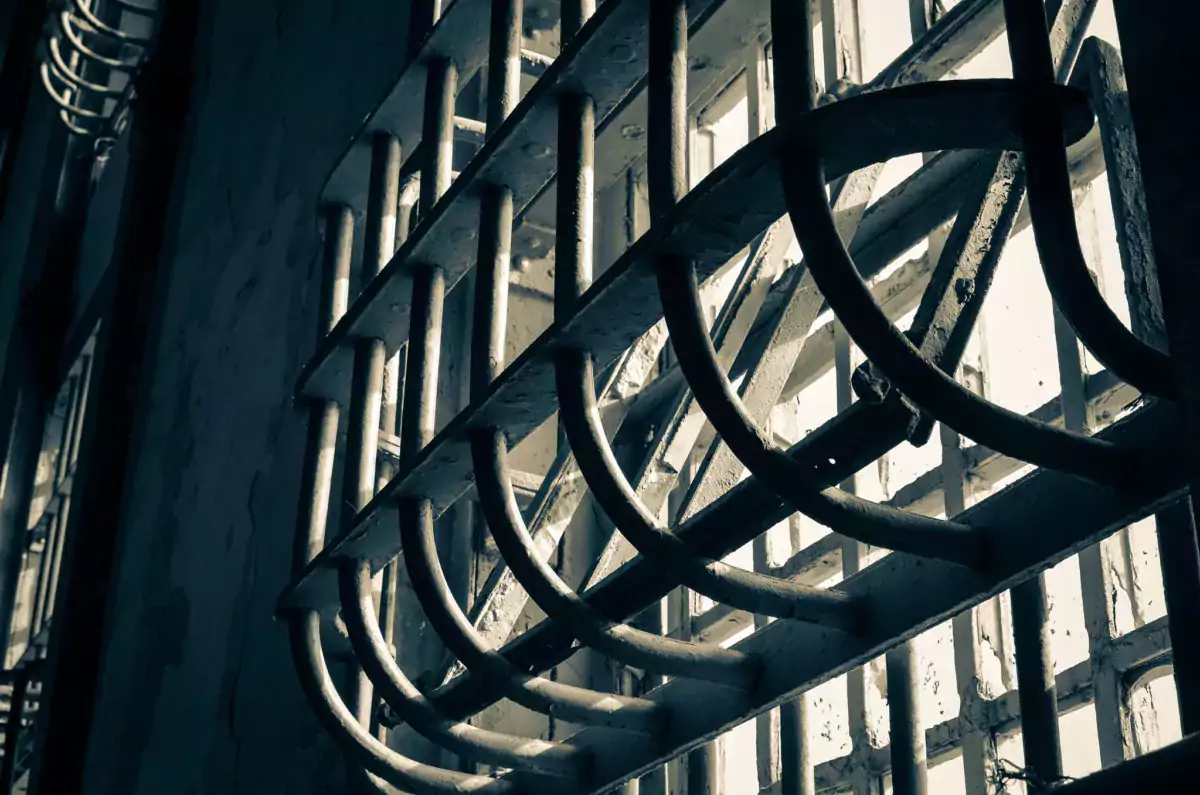
Texas state prisons incarcerate more than 4,500 people in two-person cells the size of a parking space for nearly 24 hours a day.
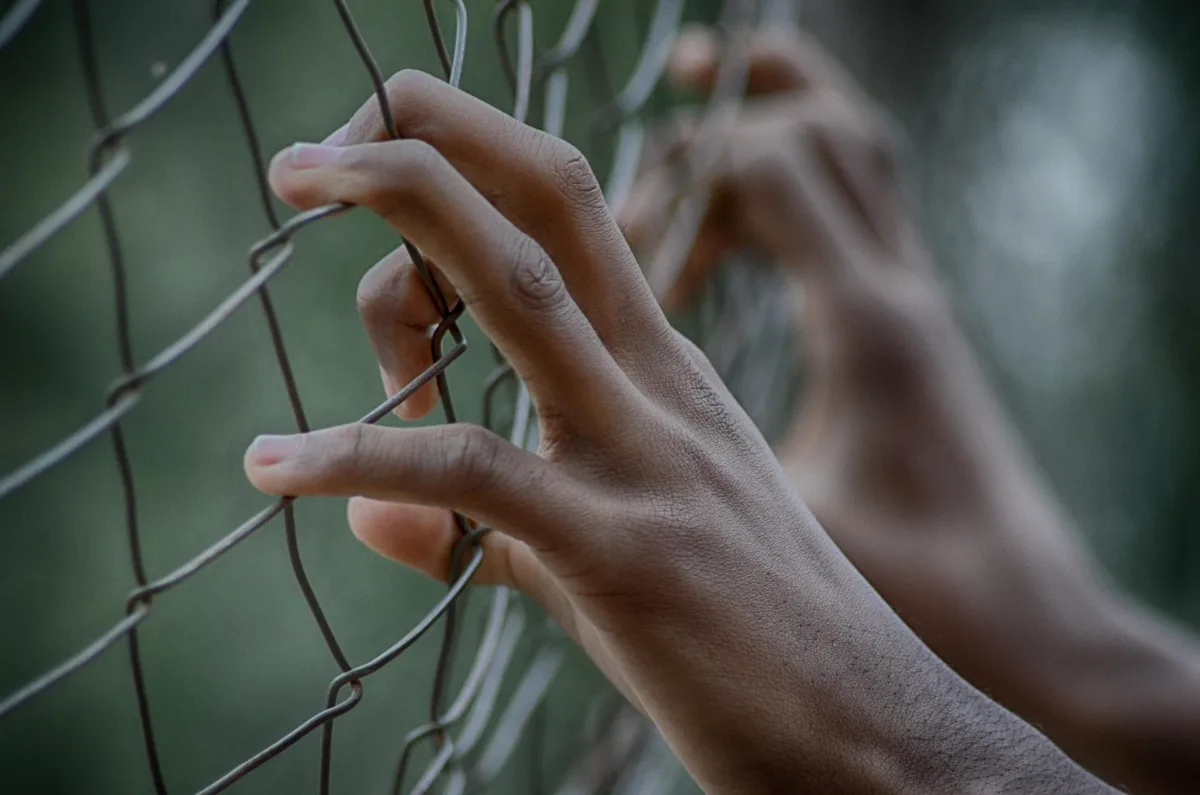
This legislative session, New York lawmakers should pass the Second Look Act, which lets incarcerated people apply for possible resentencing after serving 10 years or half of their sentences.
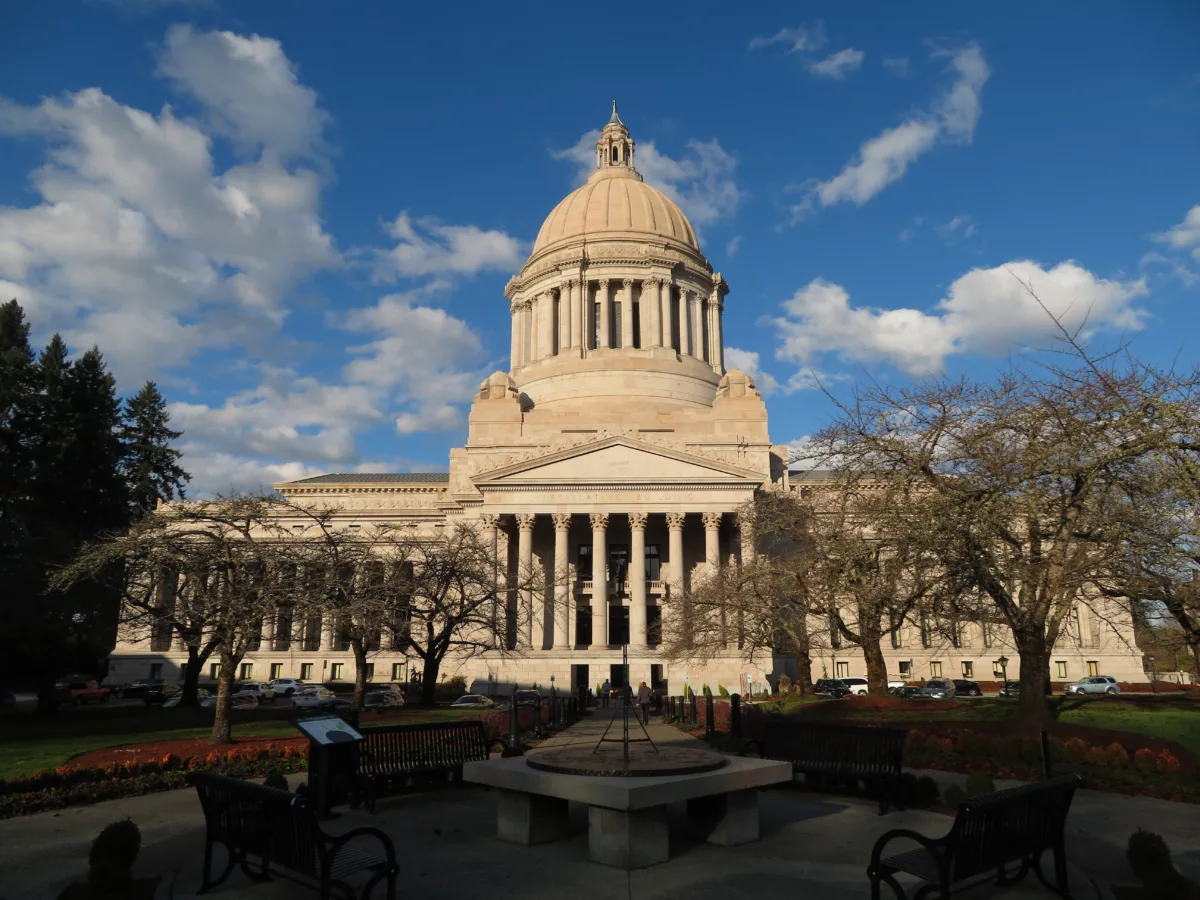
Public records reveal how Washington Department of Corrections uses a nebulous victim rights policy to bar incarcerated people from participating in public debates.

As many as half of all prisoners have ADHD. Research suggests treatment can help reduce recidivism and ease the reentry process.
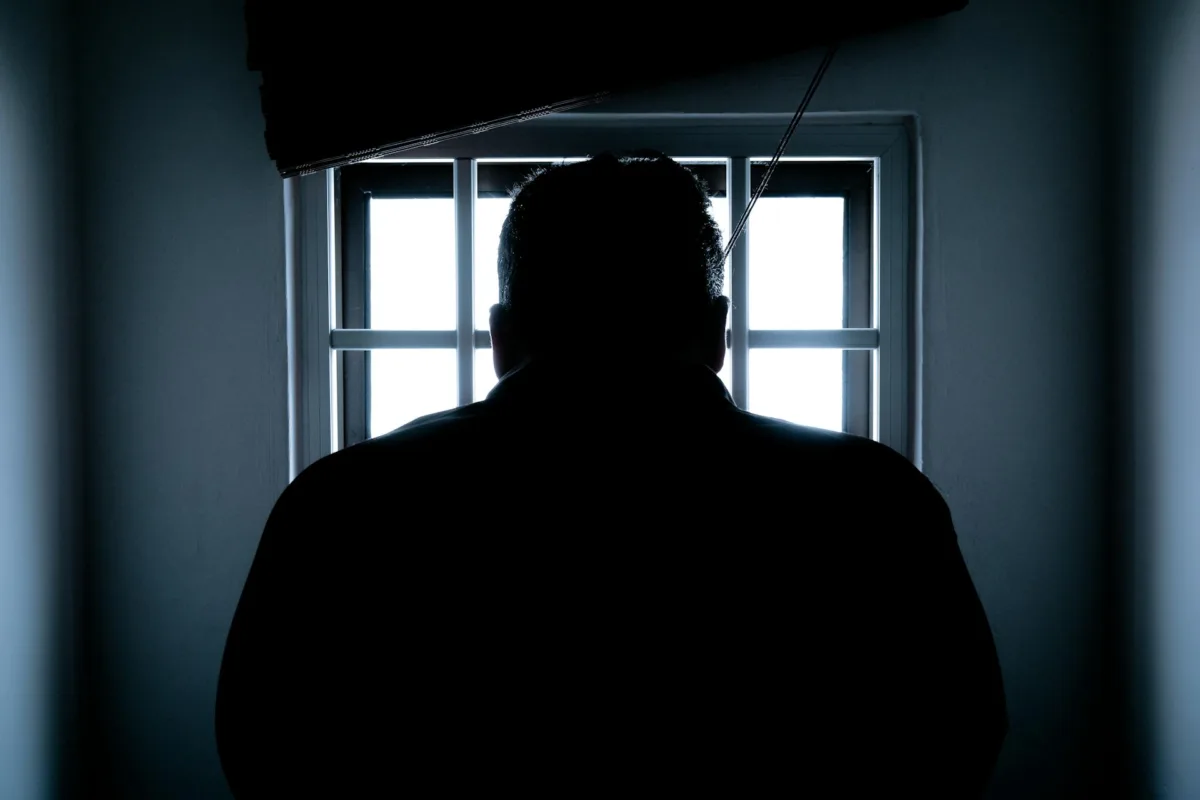
Even though the United Nations considers more than 15 days of solitary confinement a form of torture, American prisons still use the practice liberally. Prolonged isolation makes imprisoned people more violent and less likely to reintegrate into society.
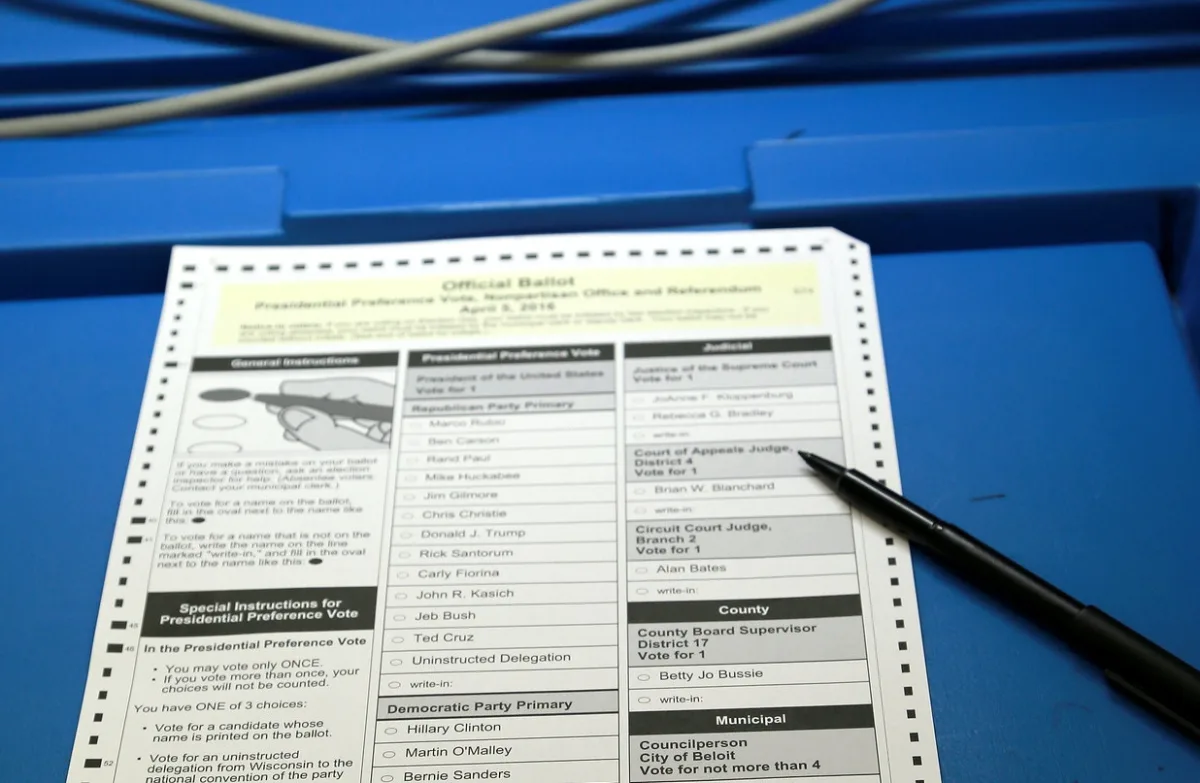
Changes in state law mean that many more people with felony convictions will be voting in 2024 than in previous elections.
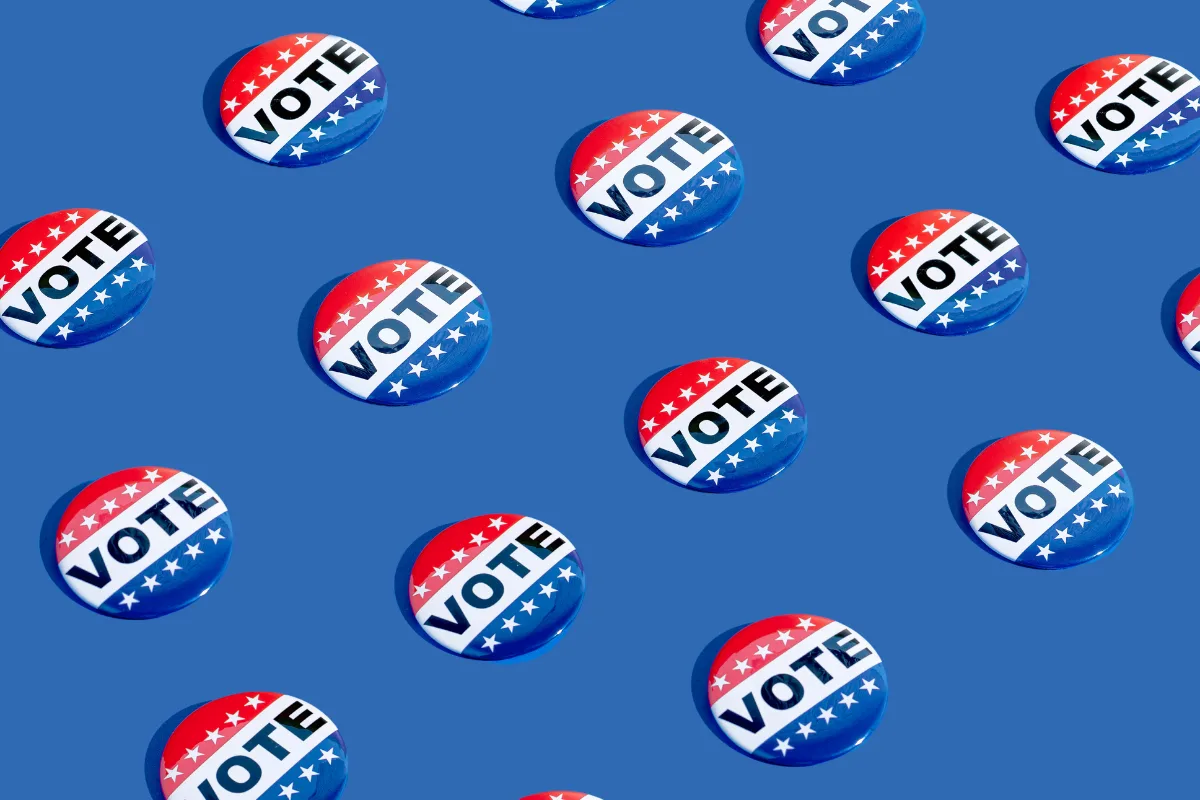
Most people in prison can’t vote. This is what they want you to think about when you cast your ballot.
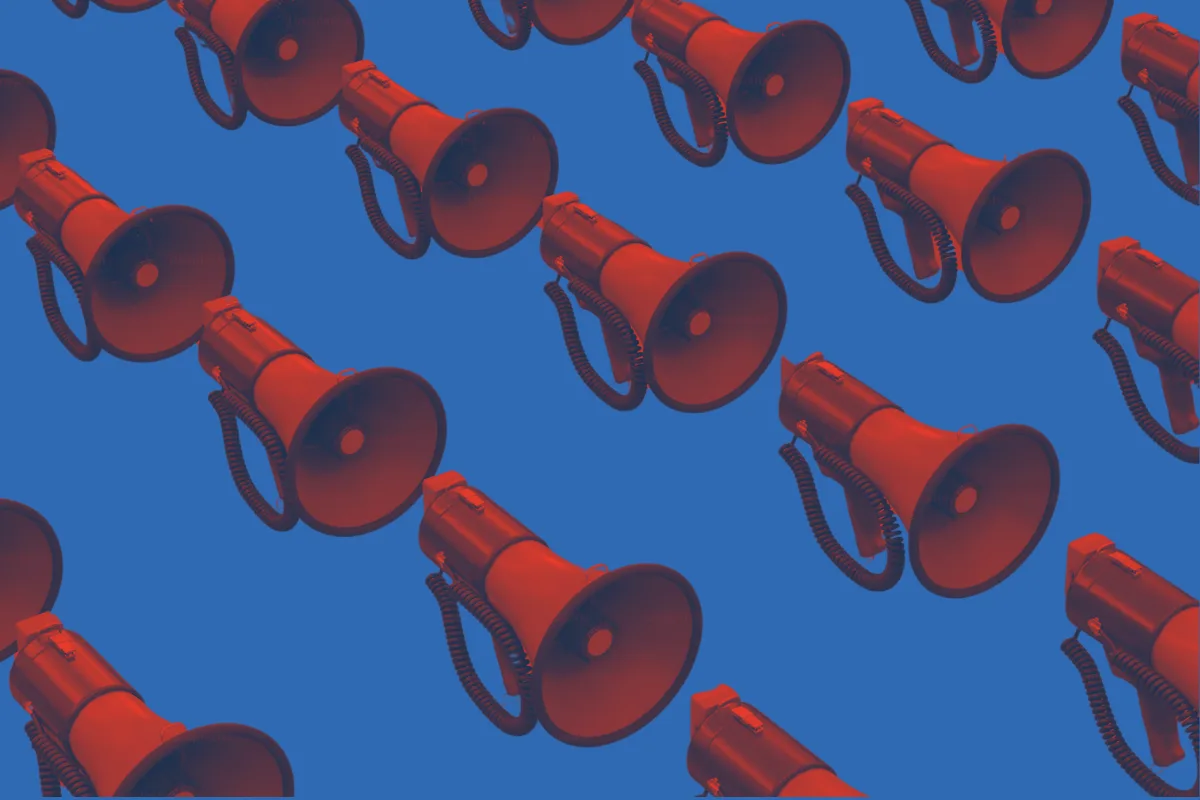
Most people in prison can’t vote. That doesn’t mean they aren’t paying attention.

For people trapped in prison for decades, simple things like book clubs can be a lifeline and help people cope with the realities of the prison system. Sing Sing Correctional Facility’s club has helped give me and others a sense of purpose and belonging.
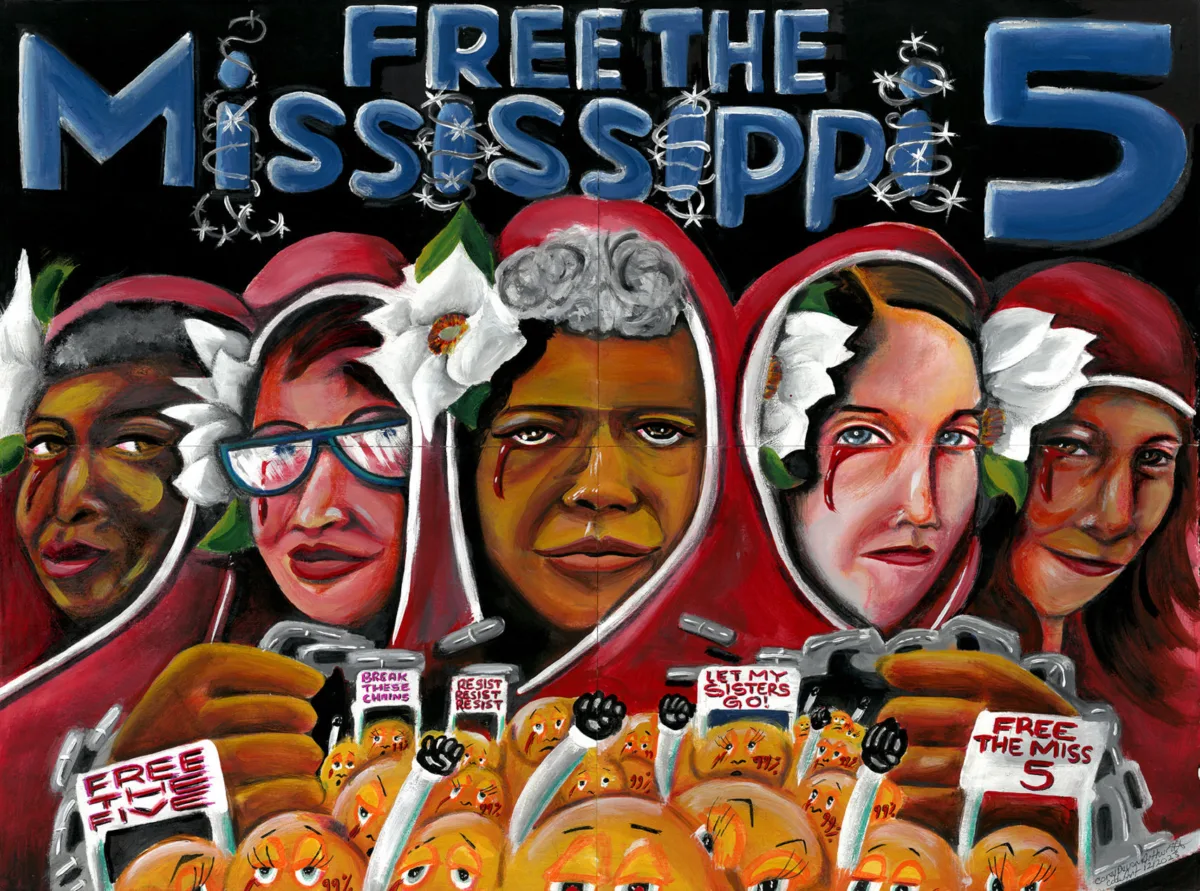
Five women in Mississippi have been incarcerated longer than any others in the state. Each has been denied parole a multitude of times. Here, one of the women shares their stories.
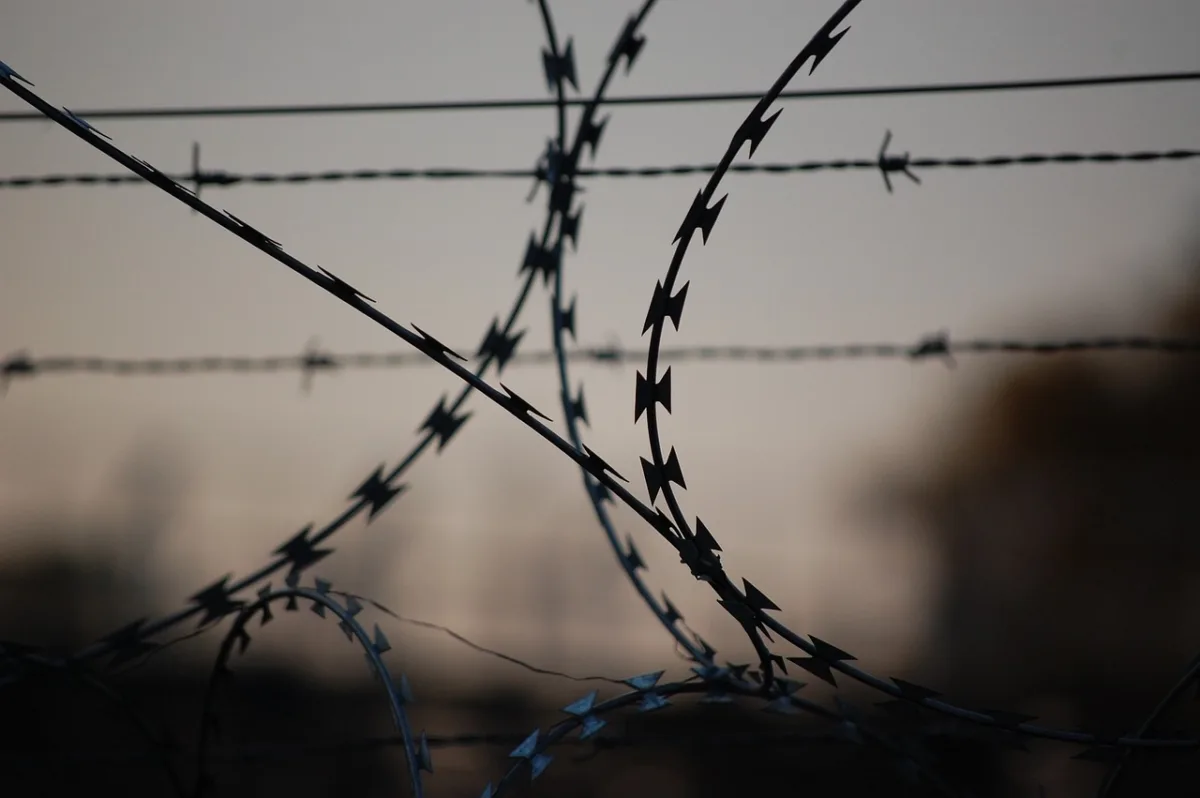
Aging in prison meant realizing my son was also a victim of my crime due to my absence from his life. I try to do what I can on visits to help my son succeed.
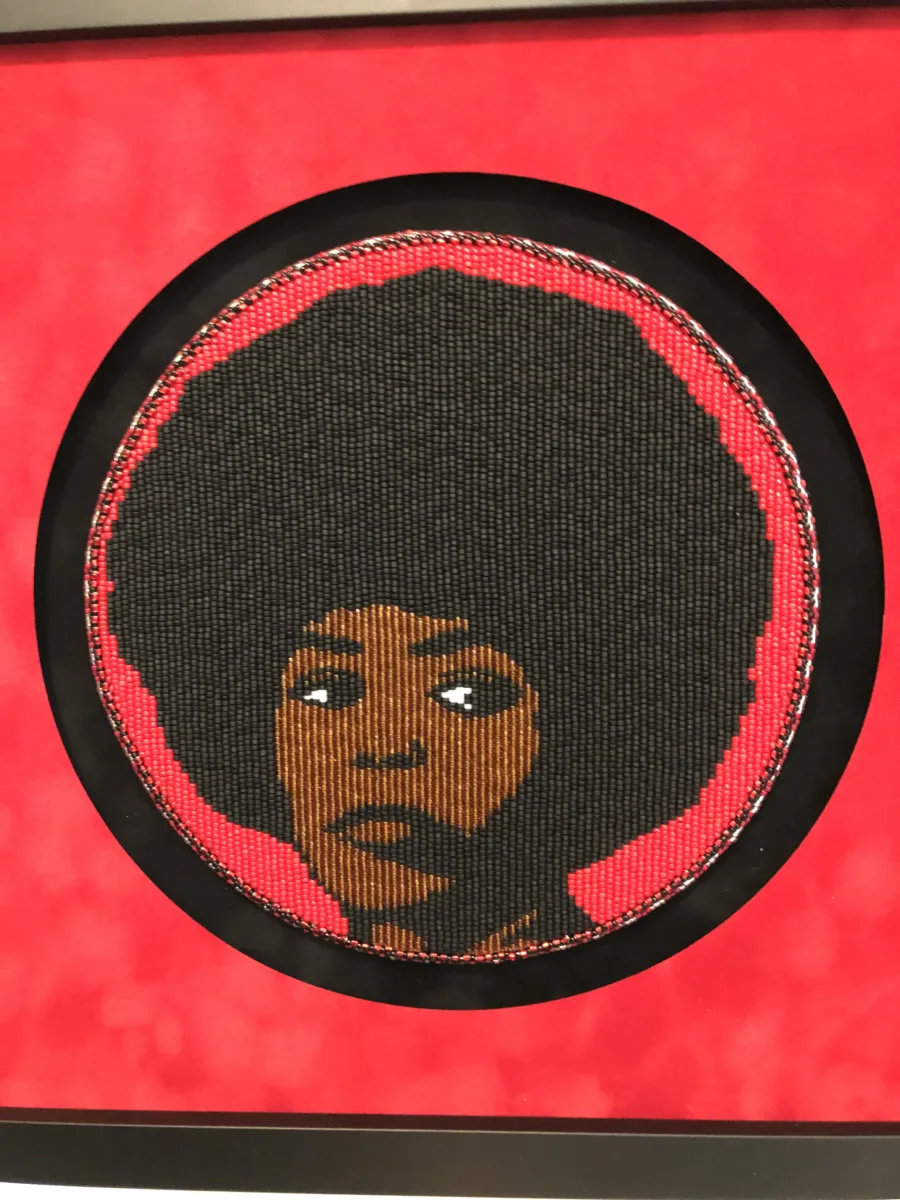
Although my artistic pursuits began with material necessity, they have become a way for me to express myself and find inner peace within the oppressive environment in which I am confined.
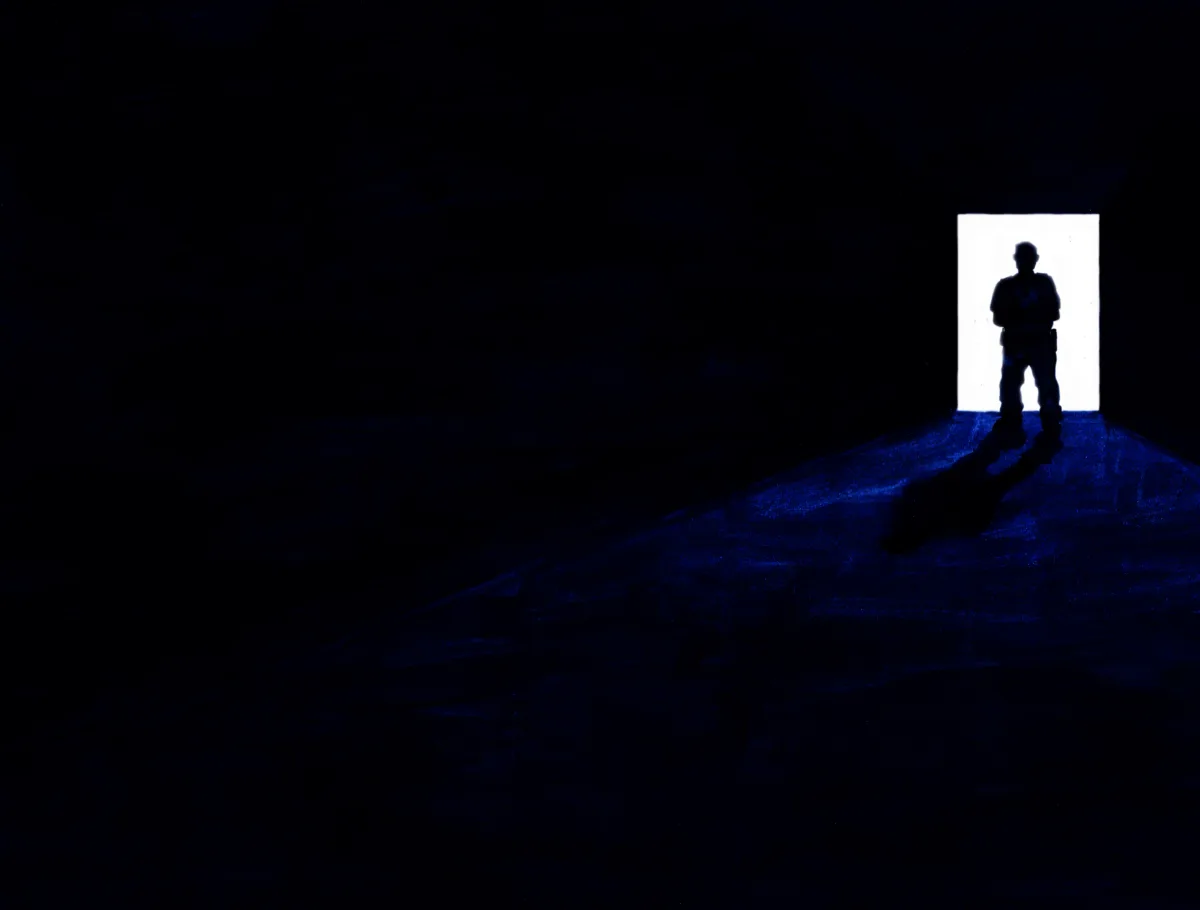
“I was sentenced and put in prison for the choices I made. I was not sentenced to being raped and abused while in prison.”
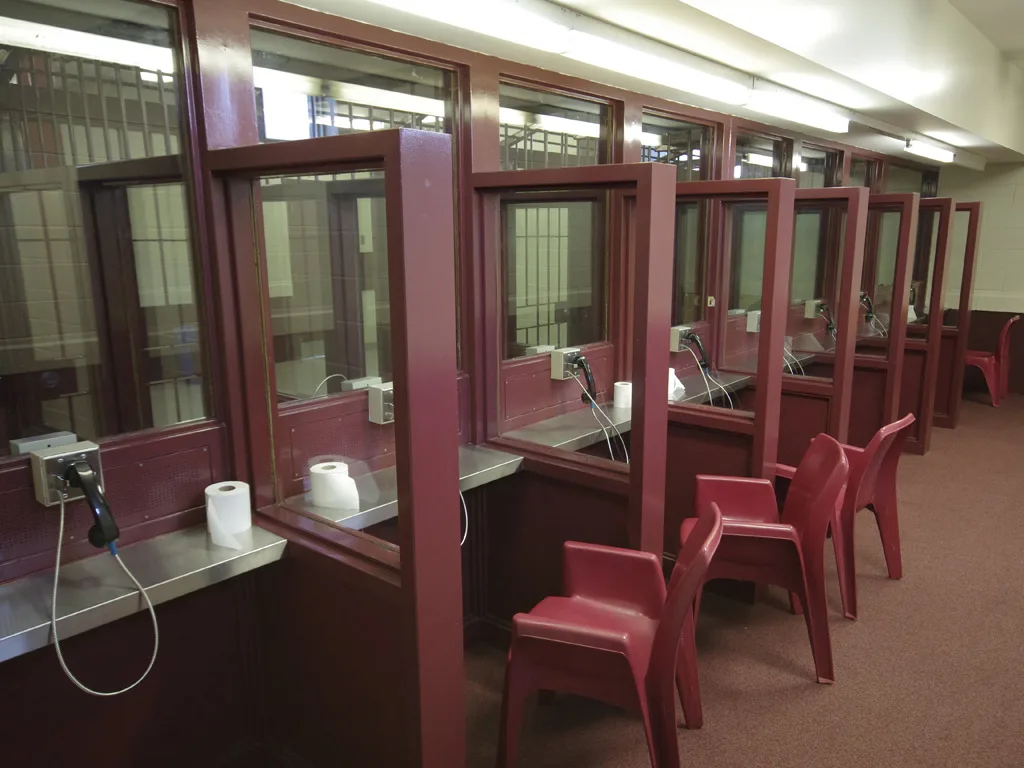
In June, I stepped into a body scanner outside the visitation room at the Washington Corrections Center and held my breath.

I’m incarcerated in a women’s prison. So-called “true crime” shows prey on us, alter our stories, and take advantage of our trauma. I would know—I’ve been the subject of at least three docudramas.

In 2011, more than 6,600 people imprisoned in California stopped eating for 19 days to protest extreme isolation inside the state’s prisons. The protests lead to state hearings and a lawsuit.
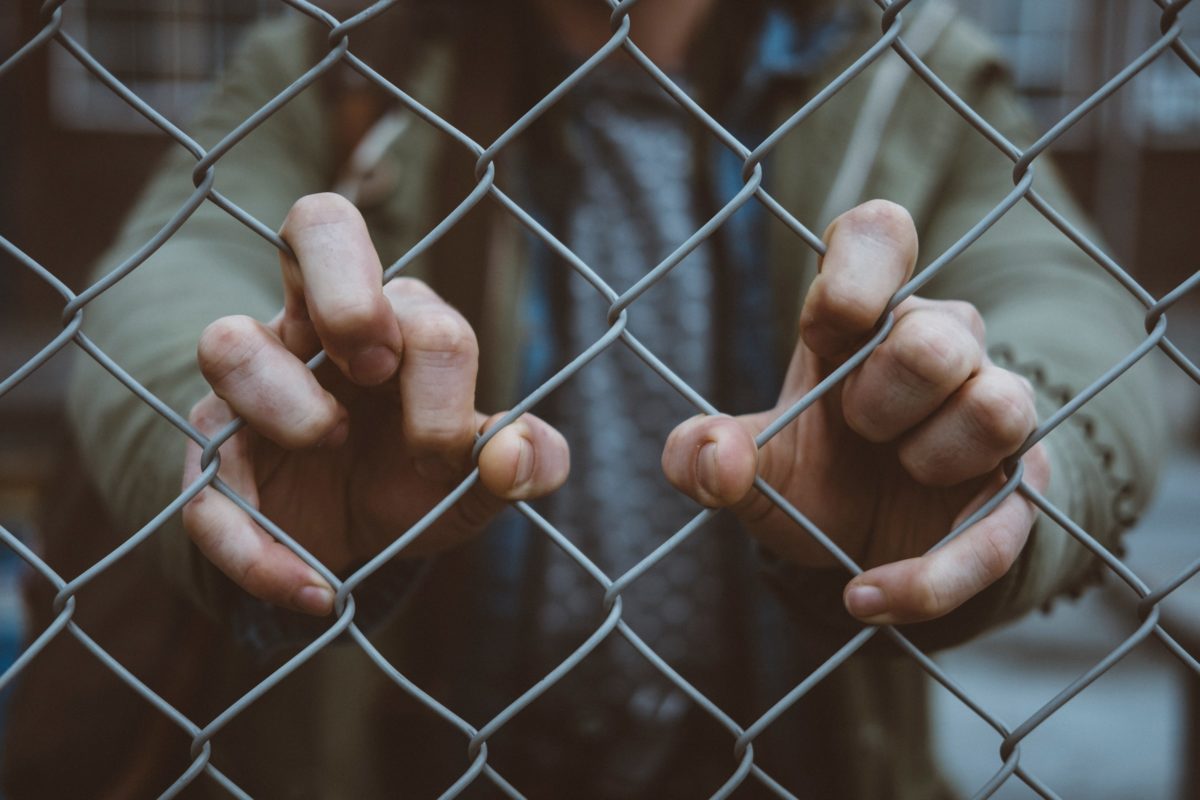
In prison, there is no space to grieve. I kept thinking that if only I was home, I could have given her the support she needed.
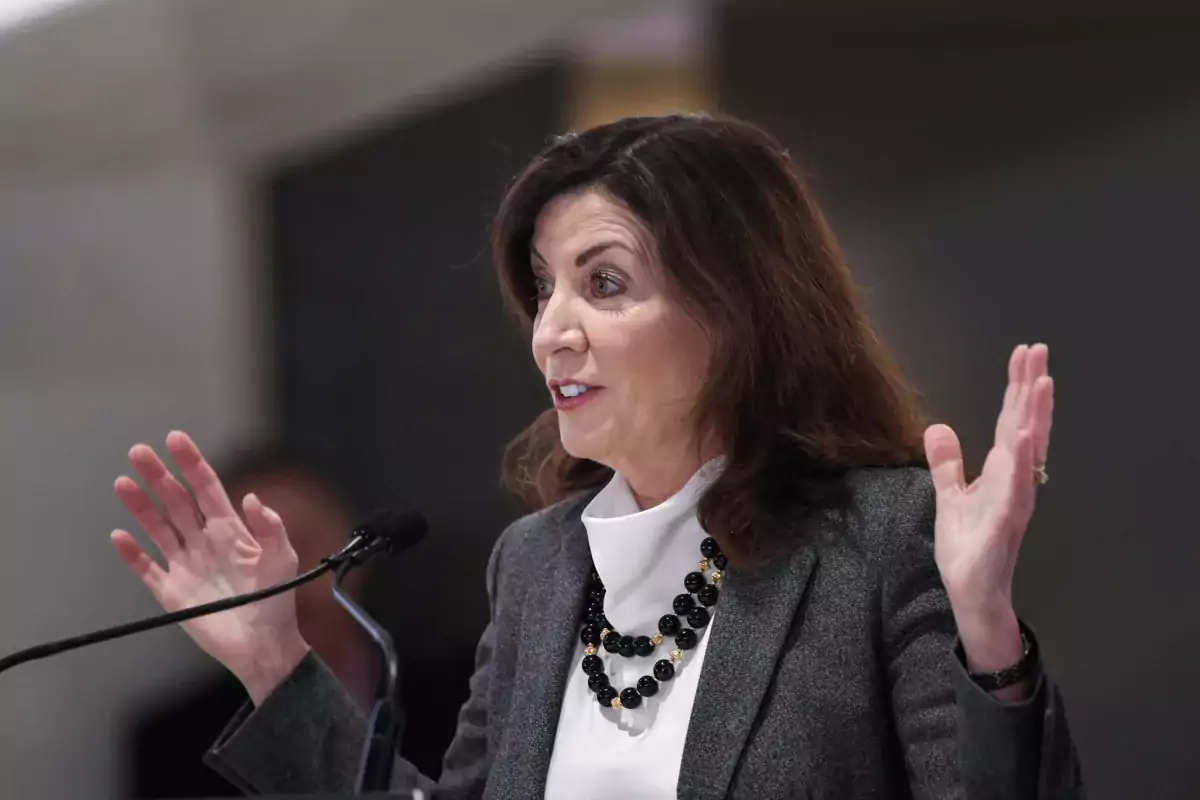
The governor’s broken promises have perpetuated an unacceptable status quo that denies incarcerated individuals a fair and transparent process for parole decisions.
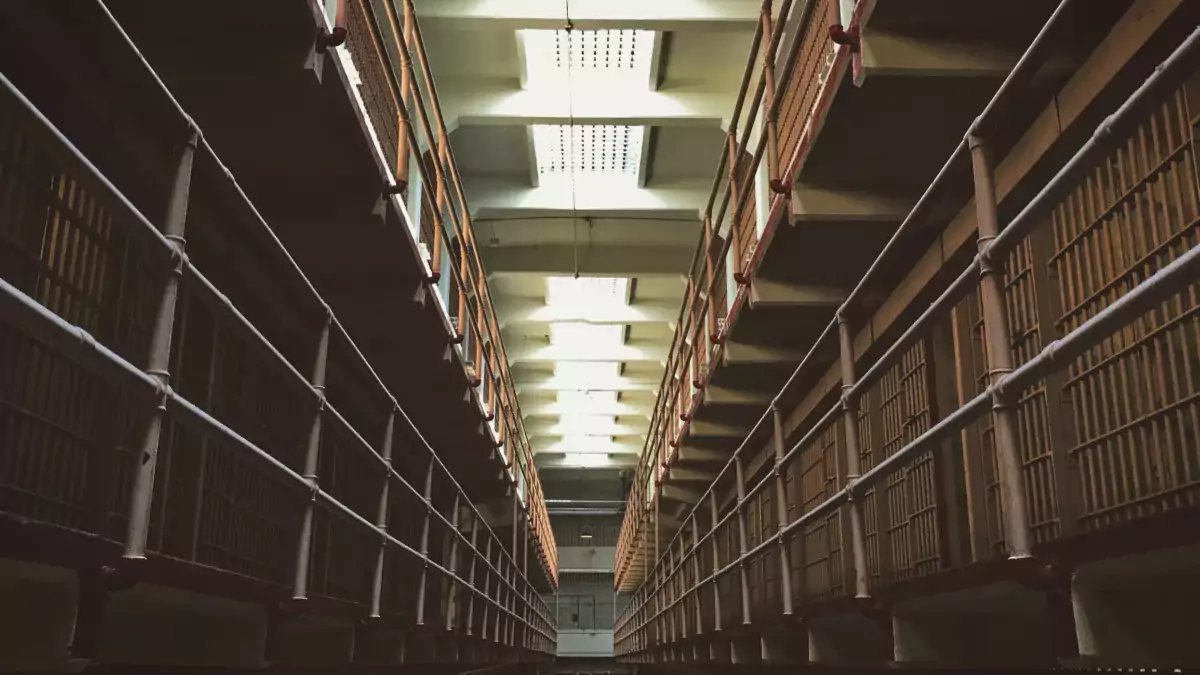
Six people on North Carolina’s death row have been found innocent since I’ve been here.
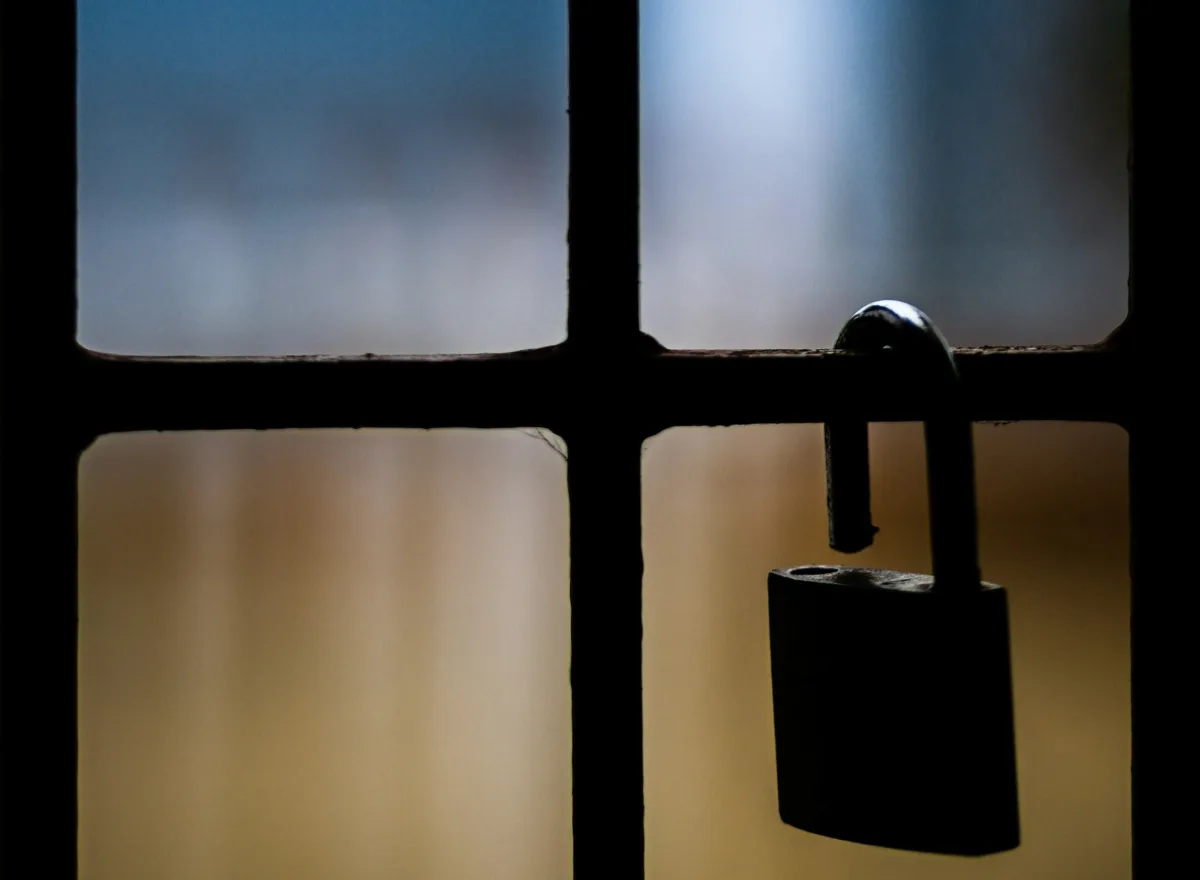
“I was different than the 22-year-old who had made that devastating decision, but I couldn’t say when that shift had begun.”
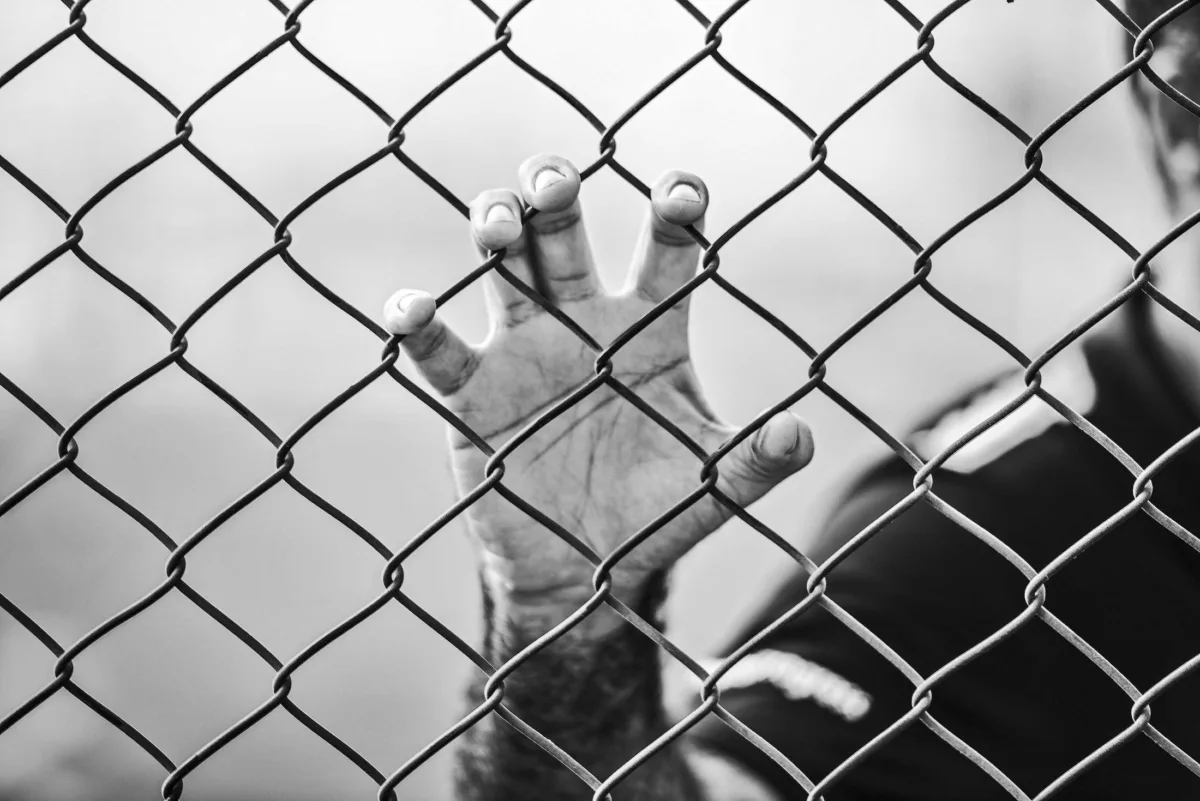
We are just two of millions of children who’ve experienced family separation due to incarceration and the obscene costs of prison communications. Now we fight to make these services free.

My checks came out to $300-400 weekly for about 70 hours of labor.

Two years after Elena’s death, I try to understand why I was given a child just to lose her.
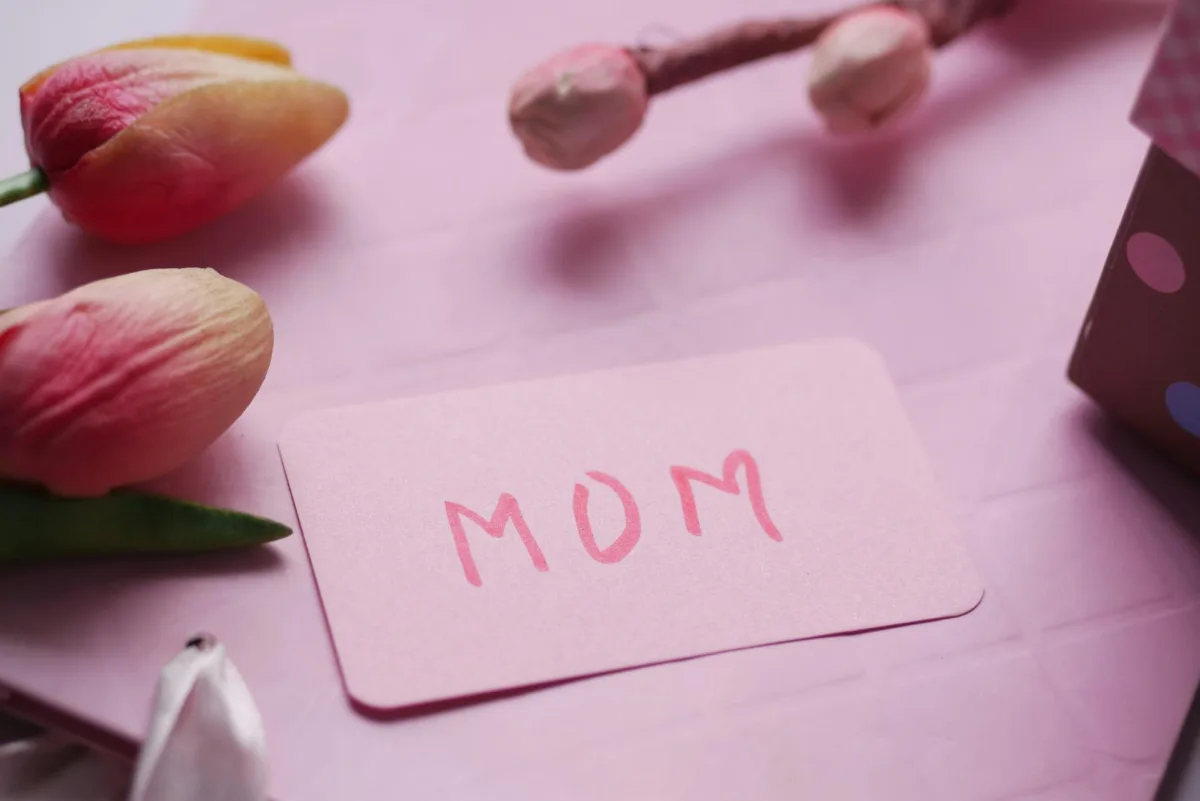
If I protect and guide someone else’s child in here, maybe someone will do mine out there.
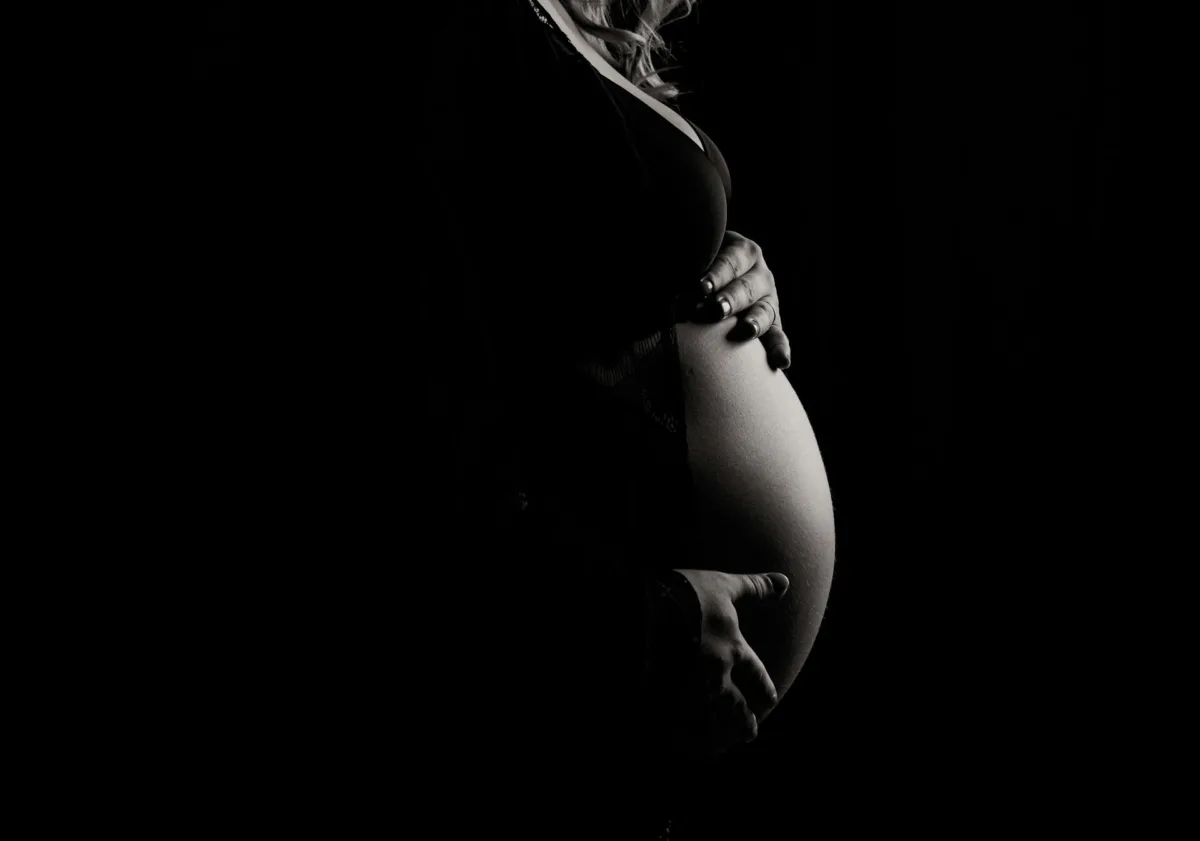
I experienced my first childbirth while I was incarcerated in a county jail.
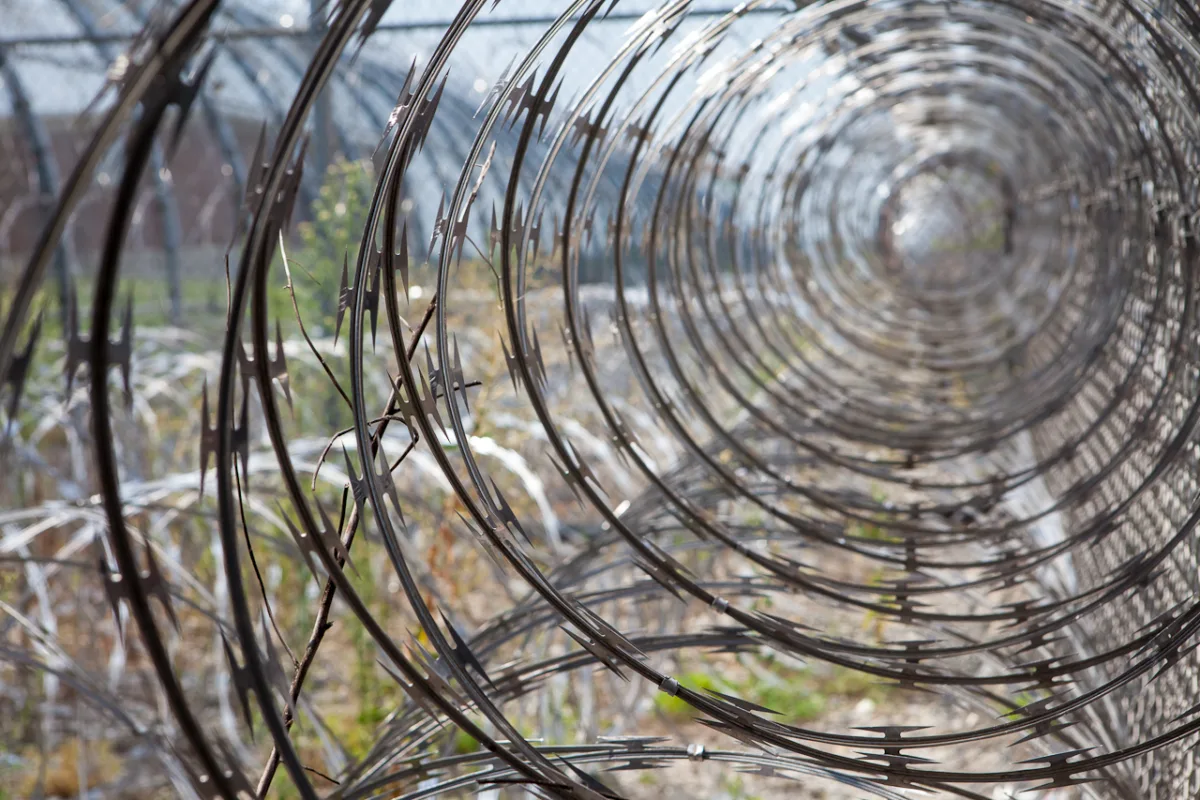
I had to return to jail before a resentencing hearing. It meant taking a trip back through hell.
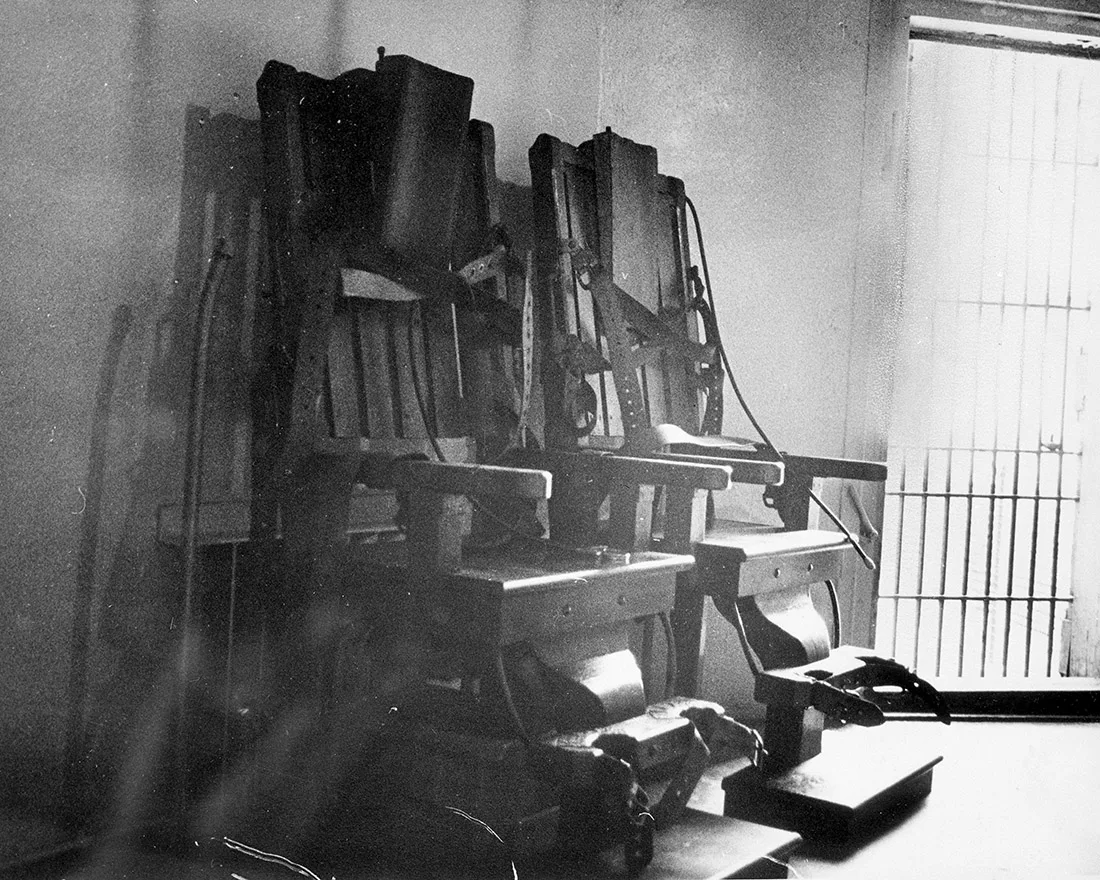
Death row prisoners rarely get last meals, writes Lyle May, who is on death row in North Carolina. But on the night of an execution, the prison staff break room is full of cookies and cake.

At Kentucky’s Northpoint Training Center, incarcerated people are not allowed to participate in programs until they’re at least four years away from their parole board date—robbing people of years of educational opportunities.

Incarcerated people have testified before state lawmakers about legislation that would directly impact their lives, including bills to change the cost of prison communications and rein in extreme sentencing practices and the use of solitary confinement.
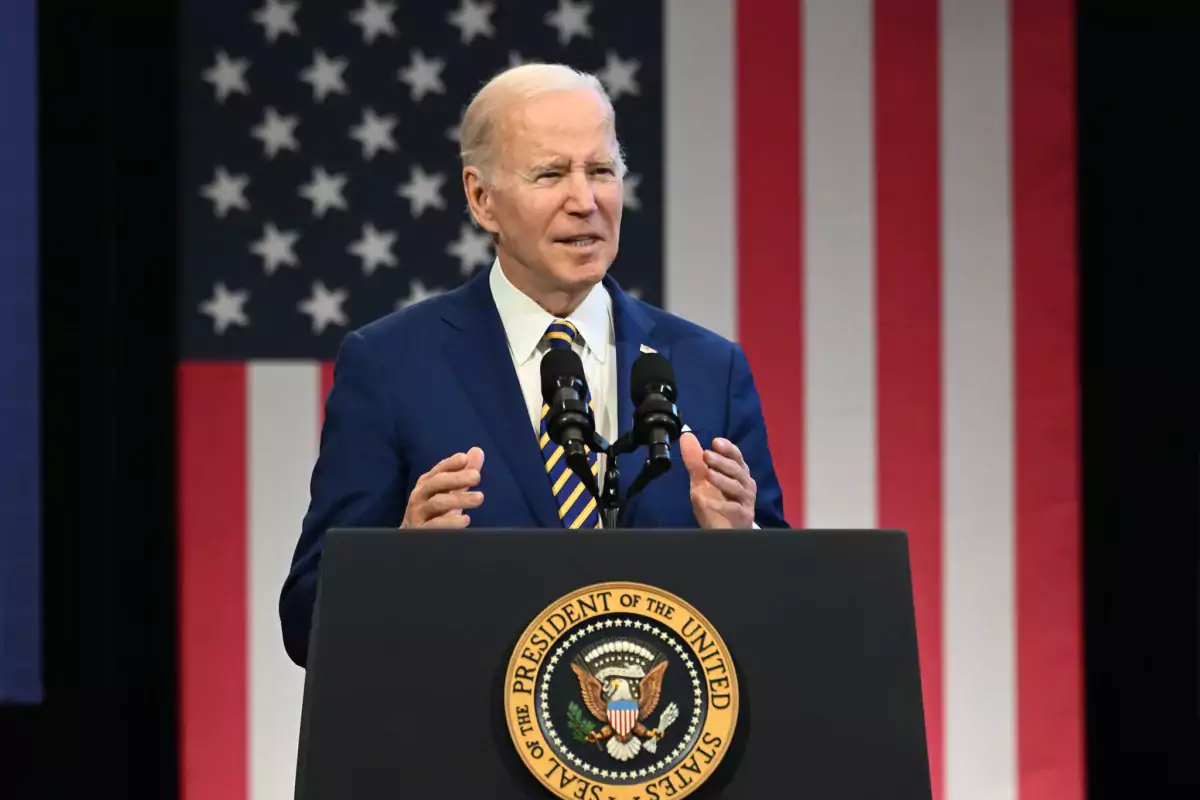
My husband Nick died from COVID-19 in March 2020 while imprisoned pretrial. Joe Biden has said he’d help others like him before it’s too late. But so far, the president has yet to make good on his promises.

On Jan. 19, New York City Mayor Eric Adams vetoed a bill that would have effectively banned solitary confinement in his city’s jails. Incarcerated writer Chris Blackwell and CUNY Law Professor Deborah Zalesne share why the practice is so horrific.
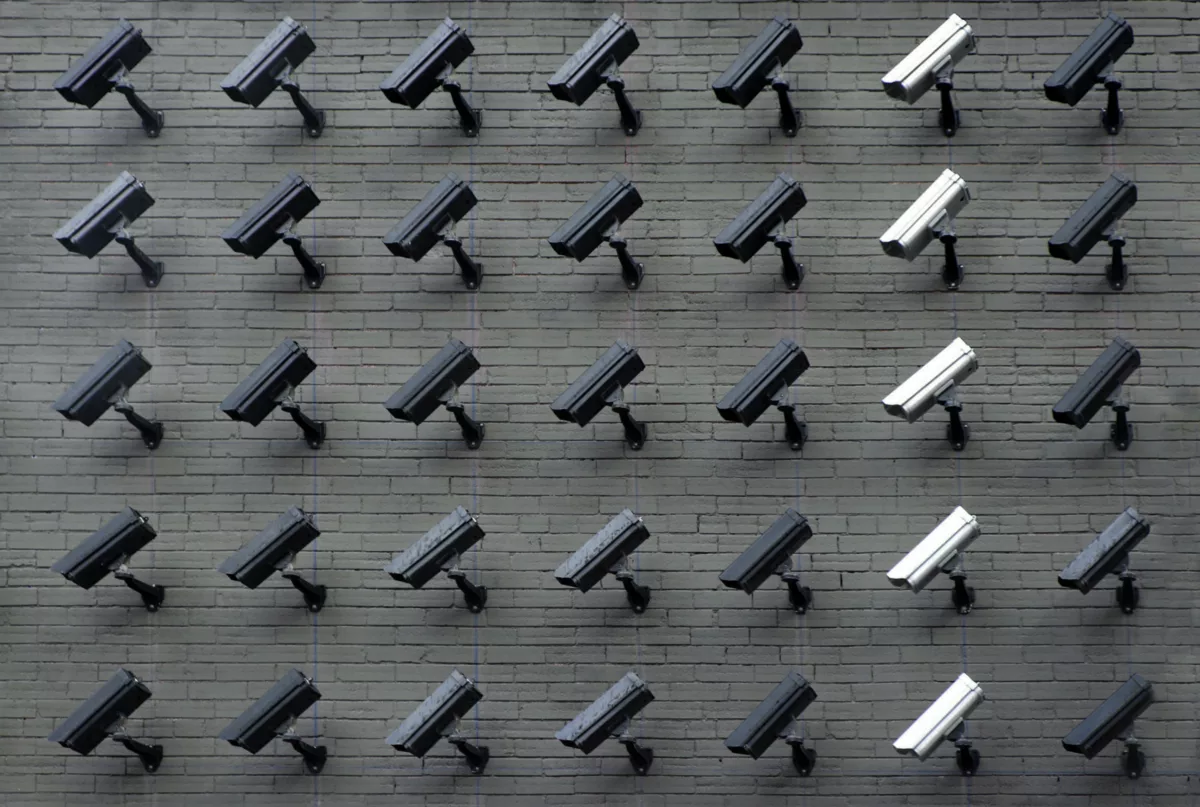
In this excerpt formerly incarcerated writer James Kilgore denounces the growing use of e-carceration technologies like ankle monitors.
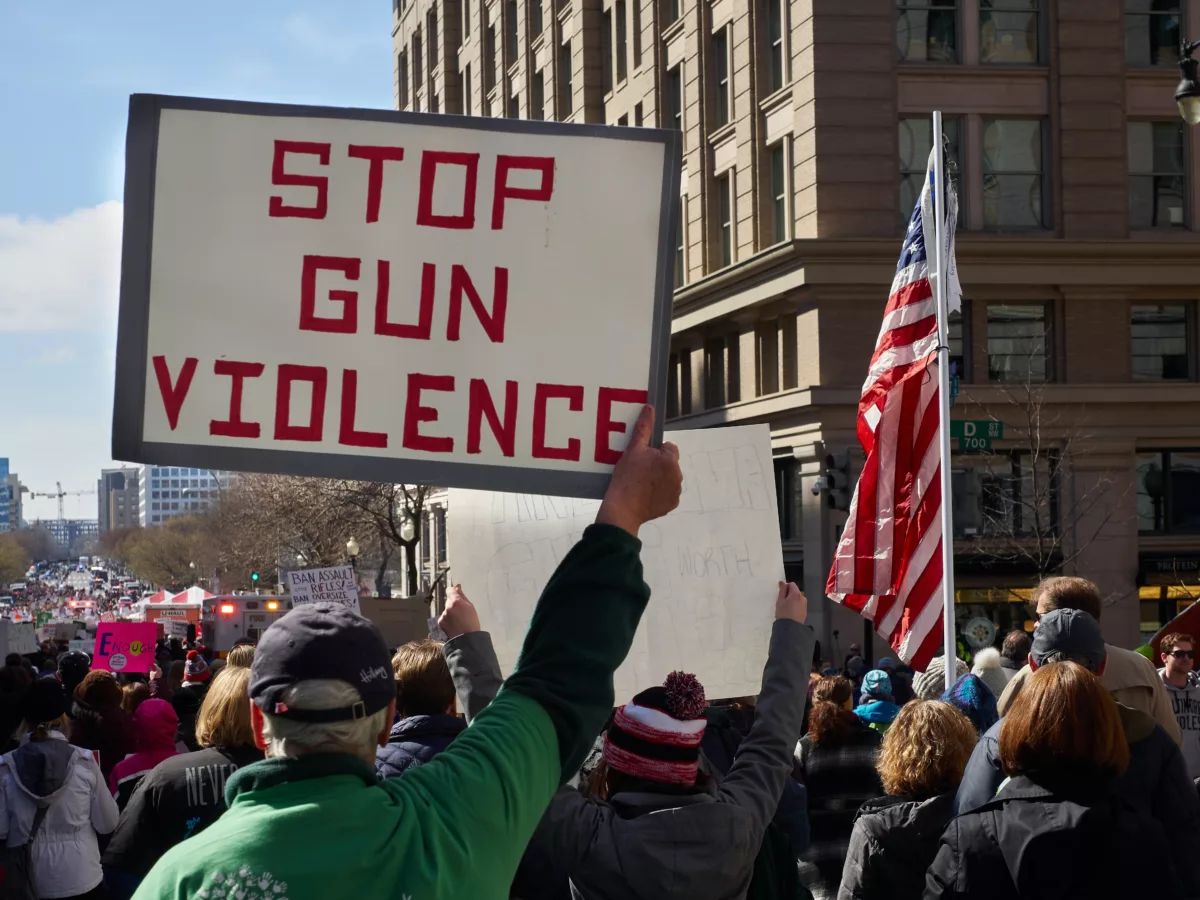
We cannot punish our way out of gun violence. Instead, we must invest in dismantling the structures that allow this violence to thrive.

Securus Technologies says a “technical glitch” last week caused the deletion of Washington prisoners’ writings. They offered compensation of two e-stamps—a value of less than $1.

Gavin Newsom’s “California Model” of prison reform isn’t the step away from mass incarceration that it purports to be.
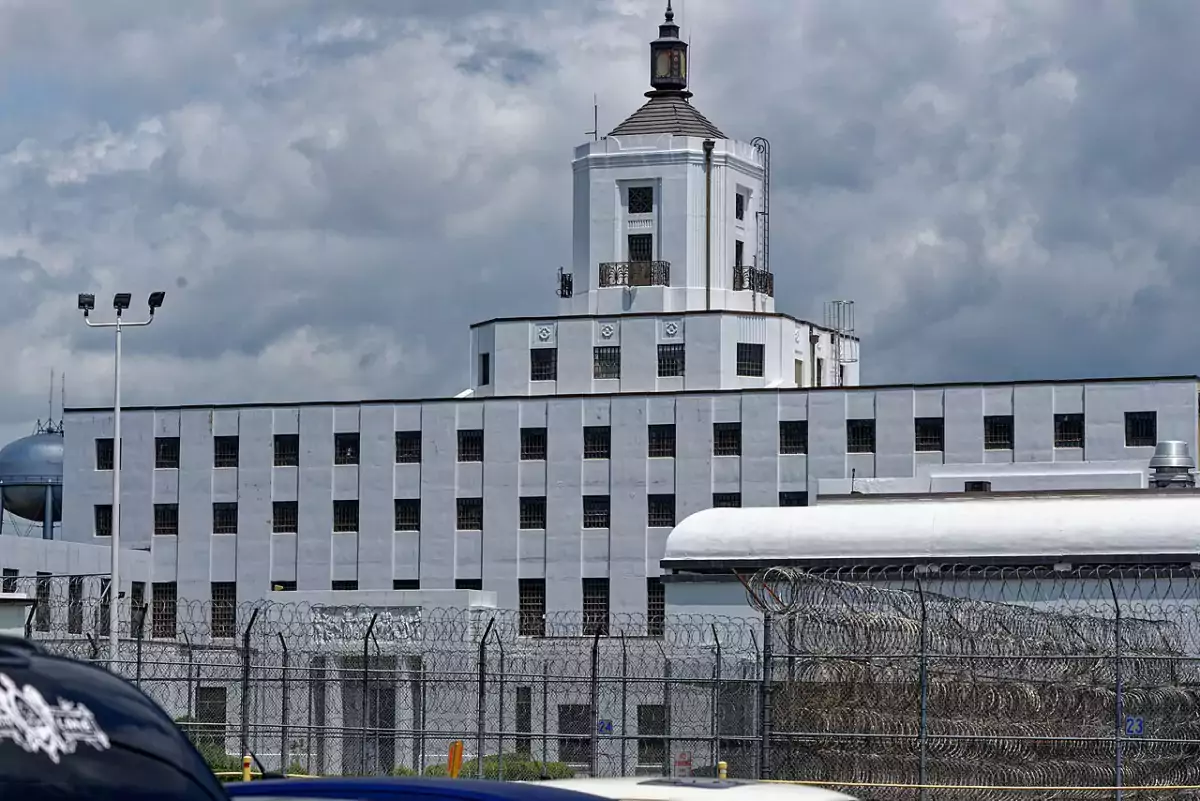
Placement in a halfway house can significantly improve someone’s chances of reintegrating into society after prison. But numerous people imprisoned in Georgia told The Appeal that they were denied access to the state’s transitional housing programs because of their medical conditions.
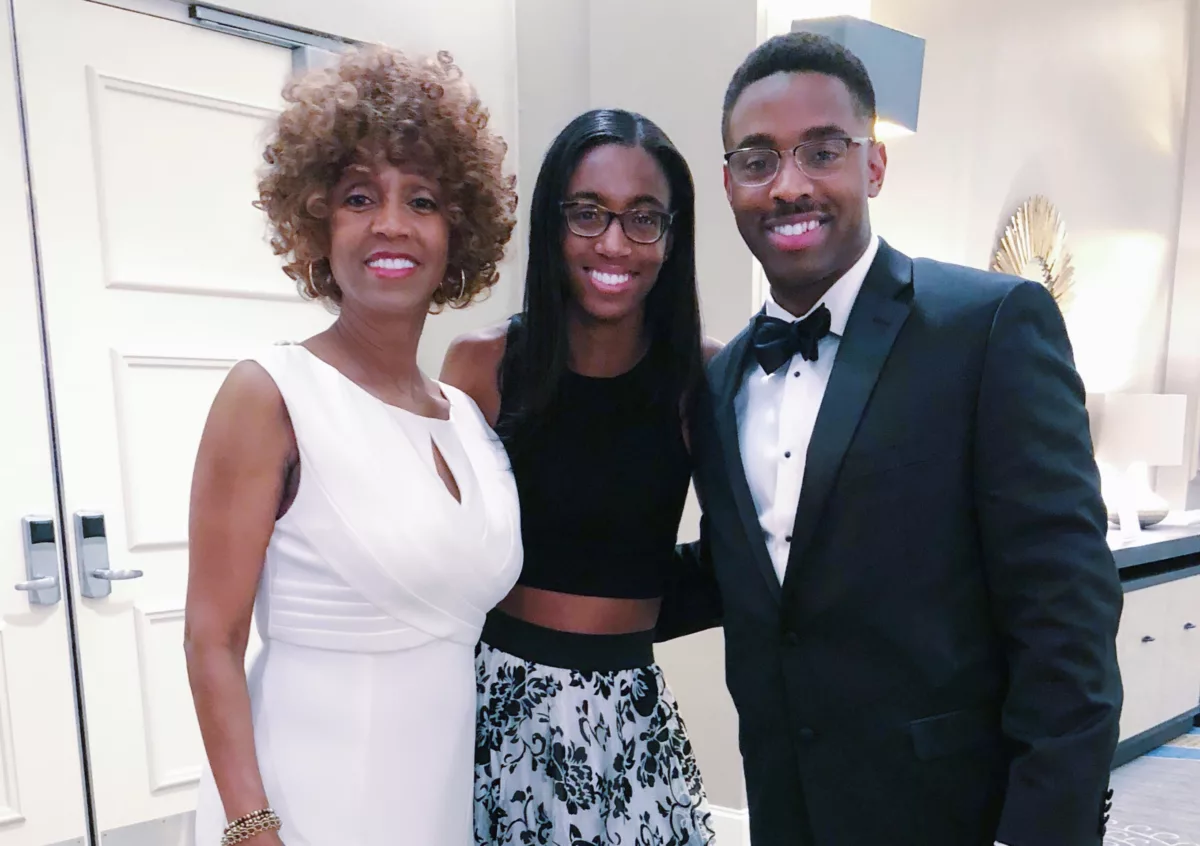
A controversial death in Los Angeles this year underscores the broader failure of law enforcement agencies to keep accurate data on people who die in their custody.
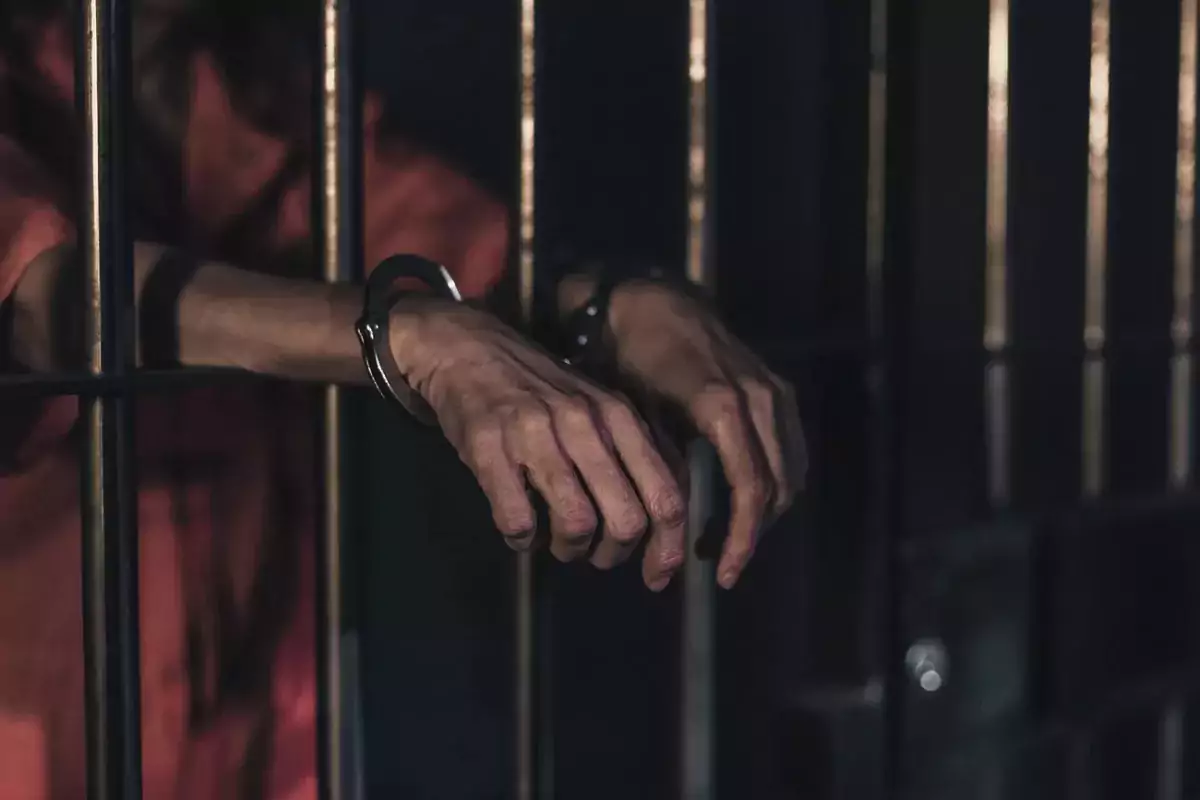
Despite the frequency of in-custody deaths, their exact scope remains unknown and data is often intentionally obfuscated.

The birds quickly became the talk of the unit. Suddenly, everyone was an ornithologist, claiming to know whether barn swallows were endangered.